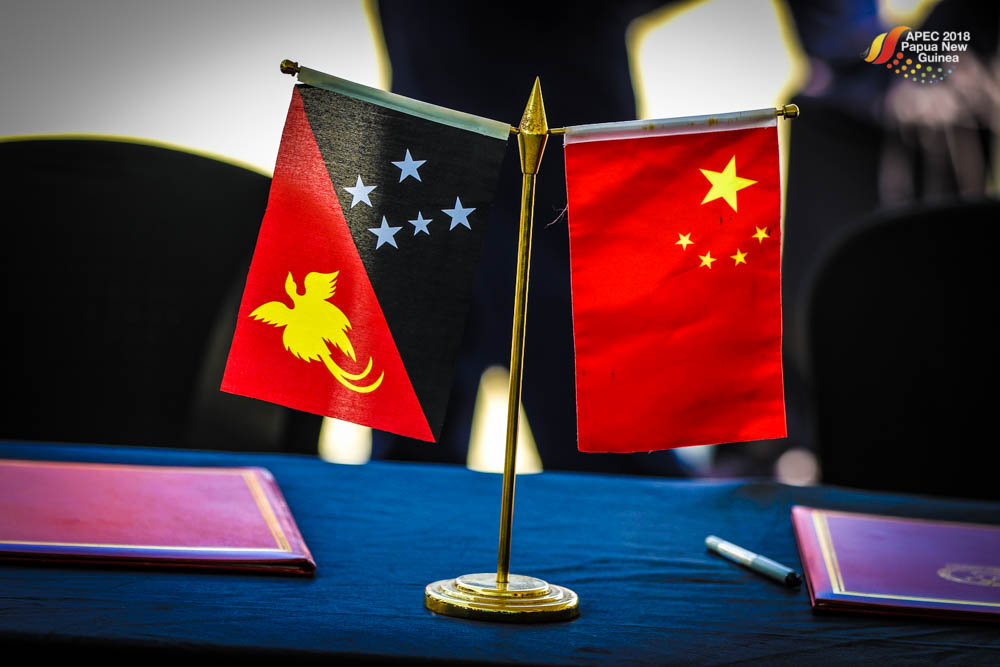Home » 2019 forecast: China’s new Pacific diplomacy
2019 forecast: China’s new Pacific diplomacy

China’s diplomatic presence in the South Pacific has increased significantly in recent years. In the ten years to 2016, China committed $1.7 billion to the region. But Beijing was playing second fiddle to Australia, which provided $6 billion in the same period. However, in 2017, China pledged $4 billion in loans and grants to Pacific nations. The swift increase has changed the game and placed China in a strong position to overtake Australia as the number one aid donor in the region in the near-future. This trend continued into 2018 as Papua New Guinea, Tonga, and others signed up to China’s Belt and Road Initiative.
The traditional reason for Chinese engagement in the region is to deny Taiwan diplomatic recognition. Since the 2016 election of a pro-independence government in Taiwan, Beijing has upped the chequebook diplomacy war; Taiwan is now down to only six friends in the 16-country region. However, President Xi Jinping’s Belt and Road Initiative, which involves large-scale infrastructure and development projects, is likely the cause of much of the surge in Chinese financial investment. State-owned construction companies have an insatiable appetite for these lucrative aid projects abroad and Beijing is seeking to fight slowing GDP growth through these state companies. This requires a constant pipeline of massive projects to keep the companies (and the jobs they bring) contributing to economic growth.
A significant proportion of Chinese aid is in the form of low-interest loans as opposed to grants, putting Pacific countries at risk of default. While Tonga secured a five-year reprieve for its loan repayments this year, others remain vulnerable.
Despite the financial risks and misgivings from Australia about the quality and lack of transparency of Chinese aid projects, Beijing’s influence in the region is only going to increase in the year ahead as Pacific governments continue to actively seek out such aid.
Australia is unlikely to take the loss of its regional hegemonic status quietly. Expect Canberra to compete outright with China, especially with the introduction of its own Infrastructure Bank, a mini-Australian version of China’s Asian Infrastructure and Investment Bank. Watch Papua New Guinea for the new ground zero for this infrastructure arms race.
John is a Senior Analyst with an interest in Indo-Pacific geopolitics. Master of International Relations (Australian National University) graduate with study focus on the Indo-Pacific. Qualified lawyer (University of Auckland, NZ) with experience in post-colonial Pacific & NZ legal systems.

